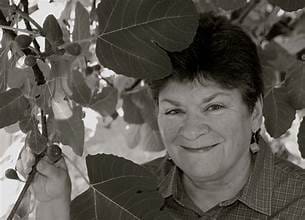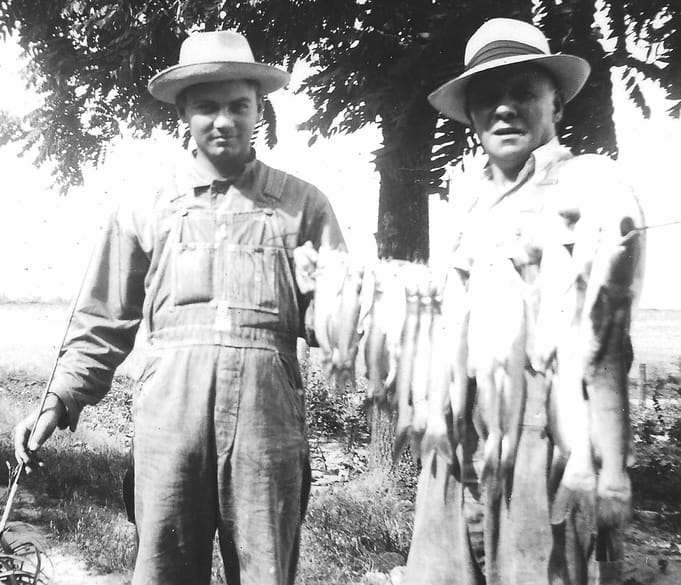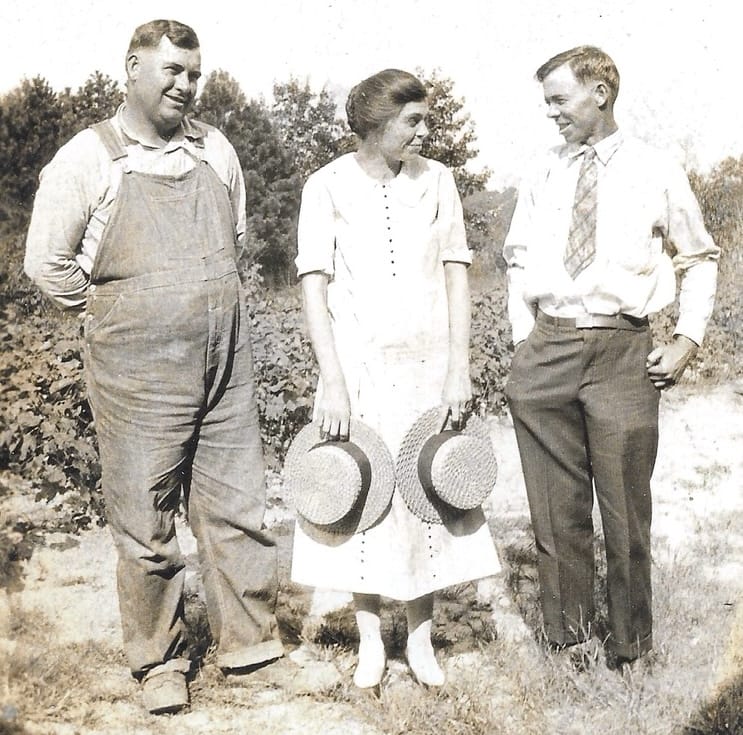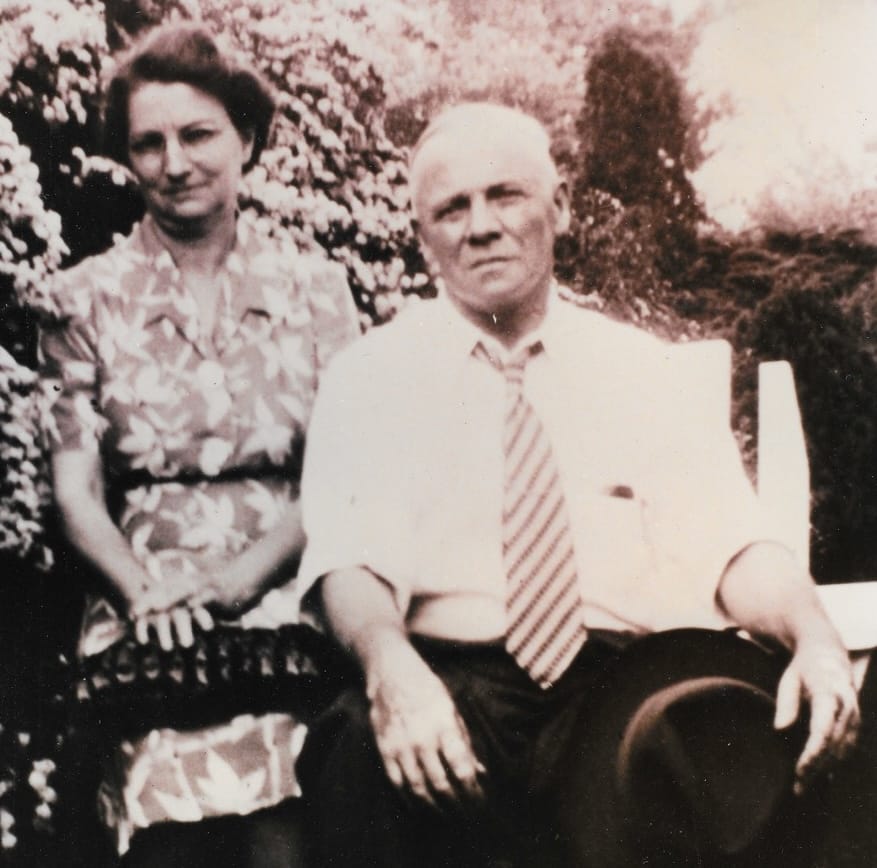Poetry by Georgann Eubanks

Georgann Eubanks is known for her guidebooks that invite readers to explore the literary, cultural, culinary, and ecological heritage of the South. The poems, “Women’s Work” and “Excursion,” are from her first volume of poetry, Rural Astronomy. These poems shift between childhood memories and her contemporary observations of the ongoing clash between nature and human entitlement. With incisive vision and an occasional poke at the patriarchy, this memoir-in-poems hints at the magnitude of future degradations-by climate and human character-while inviting us to remember the guiding stars of a simpler past. For Eubanks, there are no brighter stars than her grandparents, Bomer and Stella, whose stories and lives frame her poems. Eubanks is a widely published writer, Emmy-winning documentarian, and popular speaker. She received an NC Arts Council Fellowship, was one of the four founders of the NC Writers Network, and has served as chair of North Carolina Humanities, Arts North Carolina, and the NC Literary and Historical Society. She is director of the Table Rock Writers Workshop and the author of six books of nonfiction from the University of North Carolina Press, including her latest, The Fabulous Ordinary: Discovering the Natural Wonders of the Wild South. She is director and literary executor of the Paul Green Foundation.
A photograph of George and Bomer Eubanks that inspired “Women’s Work."

Women’s Work
In the photo,
the bass are fat as loaves.
Dad has one end of the stringer, Bomer holds the other,
his mouth partway open.
Straw hats shade their blissful eyes. What we don’t see
are Ruby, Stella, Doris, and Kate chopping the cabbage,
setting out plates,
stirring meal, buttermilk, and eggs— while feeding the misery
of a woodstove in August,
the deep grease only
beginning to smoke.
Three of the orphaned Eubanks siblings Ernest, Ethel, and Bomer, two of whom are featured in “Excursion.”

Excursion
Bomer babied his ’51 Pontiac Eight,
black and round as a hard-shell beetle.
The pleated seats were yellow vinyl.
A silver circle triggered the horn.
One day he took a notion to drive us
to Birmingham to visit his sister Ethel.
Stella hurried, packed pimiento cheese for me,
peanut butter crackers for her.
Bomer took a sleeve of saltines and a tin of sardines,
though he would never eat while driving.
Influenza orphans, they were farmed out.
Ethel to Aunt Lem, near blind, never strict.
Bomer got the short stick, raised by a grown
cousin who fed him after the beagles.
We drove toward afternoon sun, Stella dabbing
at Bomer’s wet temple with her gloved hand.
To Stella, that car seemed a two-ton puzzle,
a man’s machine. How would she change a tire,
master the stem shift, toe the clutch, or set the brake?
The steering wheel was scalloped for bigger fingers.
I fell asleep before we crossed into Alabama,
and woke being lifted by my armpits—
bare legs peeled from vinyl, like taffy
freed from wax paper, my Sunday dress damp at the neck.
We spread our picnic quick a mile before Ethel’s house.
Bomer said he’d never tried her cooking.
Bomer and Stella Eubanks, as Georgann Eubanks, their youngest grandchild and author of Rural Astronomy, remembers them.
